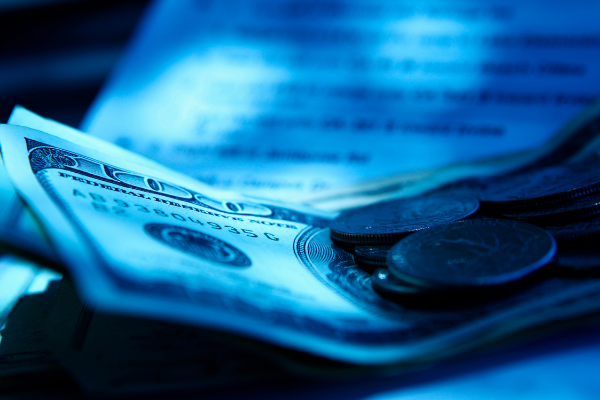
- Inflation and recession are closely linked because to battle high prices, the Fed could raise interest rates so fast that it triggers an economic slowdown.
- Against this backdrop, what should investors do to position their portfolios to manage either outcome?
On the one hand, inflation will see central banks continuing to tighten, hitting stocks, on the other hand, a recession will hit bottom lines and bring stocks lower, but which is worse?
A Bloomberg monthly survey of economists suggests that the odds are close to 50-50 that a recession hits the U.S. next year, while headline inflation has risen the most since 1981, and the U.S. Federal Reserve appears determined to act.
Inflation and recession are closely linked because to battle high prices, the Fed could raise interest rates so fast that it triggers an economic slowdown.
Against this backdrop, what should investors do to position their portfolios to manage either outcome?
To be sure, inflation is here and now and some money managers are recommending energy and financial companies, as they are the most likely to benefit from higher prices.
Banks make more money when interest rates rise as they can charge more on loans and years of underinvestment in capacity have meant that energy companies and those extracting raw materials can’t suddenly increase their production, facilitating higher prices.
But other money managers suggest that investors ought to be paying more attention to the warning signals of a recession.
A recession may be worse because firms in tech and finance, which are usually big hirers when times are good, will dial back on recruiting, then start to lay off, which hurts consumption.
Which is why some money managers are suggesting that planning for a recession may be the safest option for most investors, including keeping enough savings to cover a year without salary in the event of being laid off.
Given the record amount held as cash in the U.S. right now, it appears that many investors are taking that advice to heart, but inflation eats away at the value of savings.
There’s also the false notion that if a recession occurs, inflation will automatically dissipate, but that’s not necessarily the case at all.
In the 1970s, the U.S. experienced a painful period of stagflation, with soaring prices and negative growth, fueled in large part by the energy crisis.
With Russia’s invasion of Ukraine wearing on, supply of fertilizers, agricultural commodities and energy, especially natural gas, will remain off global markets and continue to contribute to higher prices for some time and that has a material impact on inflation.
And that’s why investors may consider holding on to hard assets, including gold or gold mining companies, along with agricultural commodities that are not as sensitive to economic cycles.



